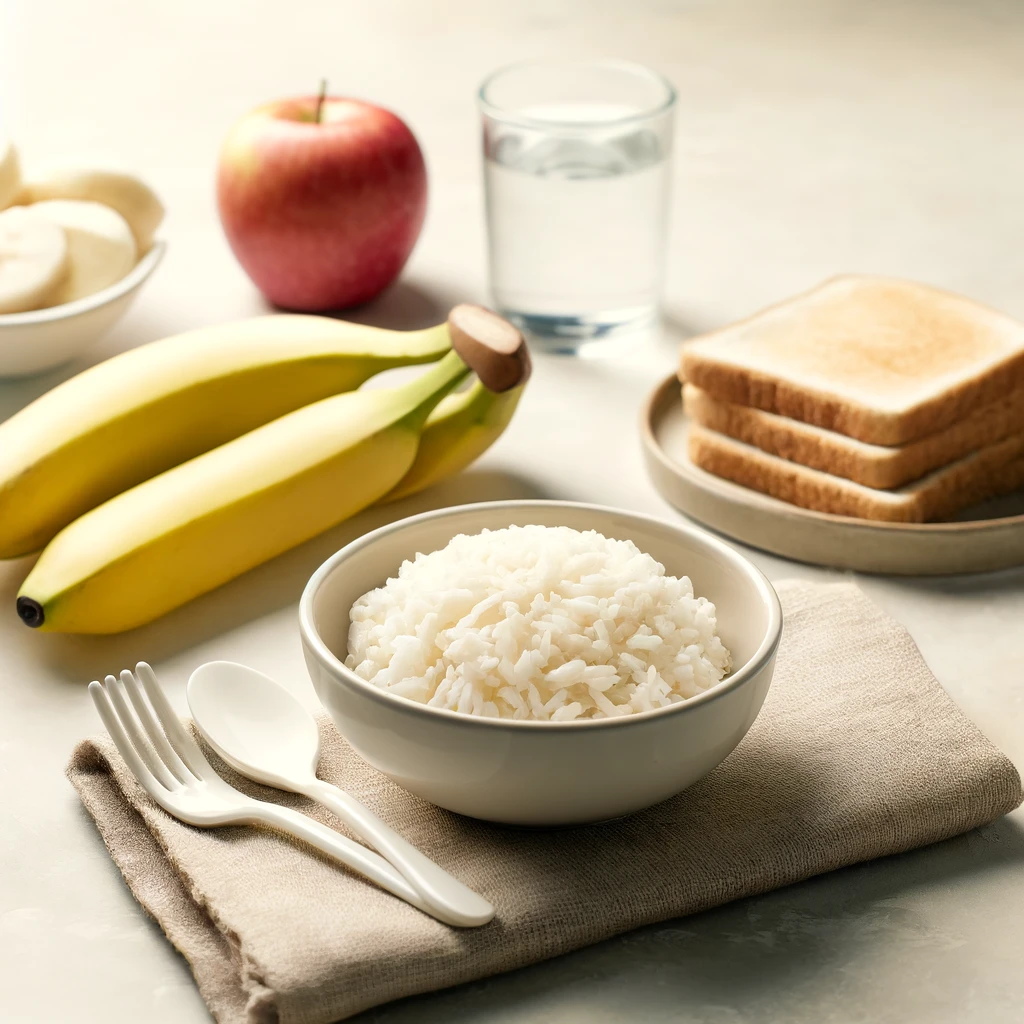Understanding the BRAT Diet
The BRAT diet, historically prescribed for moderate gastrointestinal distress, is a restrictive diet meant for short-term use. It stands for Banana, Rice, Applesauce, and Toast, foods chosen for their bland nature and digestibility to settle the stomach and reduce stool output.
Medical Professionals’ Current Stance
Today, medical professionals generally no longer recommend the BRAT diet due to several key reasons.
Nutritional Deficiencies of the BRAT Diet
The BRAT diet lacks essential nutrients, including protein for tissue maintenance and repair, fat for absorbing vitamins A, D, E, and K, and fiber for gut health. It also leads to deficiencies in vitamins C, B12, calcium, and iron, crucial for overall health.
Lack of Scientific Support
There’s limited scientific evidence supporting the effectiveness of the BRAT diet for managing mild gastrointestinal distress compared to other treatments.
Tolerance and Adherence Issues
Some individuals may find the BRAT diet unpalatable or boring, making it difficult to adhere to.
Current Recommendations for Gastrointestinal Distress
For minor gastrointestinal issues, it’s generally recommended to focus on staying hydrated with fluids like water, clear broth, or oral rehydration solutions. Easily digestible foods like crackers, yogurt, and bananas may also be consumed.
When to Seek Medical Advice
It’s crucial to consult a physician if symptoms are severe or persist after a few days of treatment.
